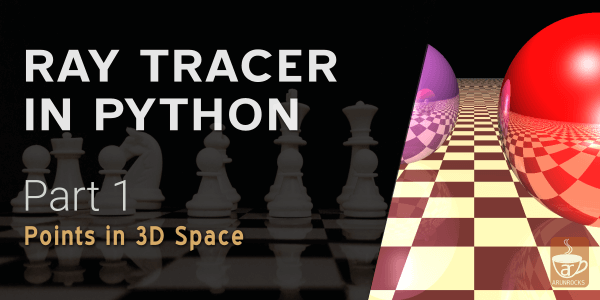These days whenever the topic of corruption or malpractices within our political system is discussed, some strange retorts have come into vogue even after half a century of gaining independence. It is not the anger of blind patriotism or even resigned feeling of helplessness. It is pithy remark, ‘Why don’t you change the system, then?". This comment is perhaps based on the dwindling voting turnout by the upper middle class and declining participation of the youth in politics.

This is a very broad generalisation perpetuated by popular literature and Bollywood films. The so-called educated and socially responsible citizens do exist in our country. But they form a minority of our population and do not win any elections in our “democratic” system.
In a democracy, numbers matter. A well-educated English speaking youth wearing western formals will not appeal to the uneducated masses. The political appeal of a khadar wearing vernacular speaking shrewd and manipulative politician will continue to exist until the majority the Indian population enjoys education and cannot identify with such people anymore. The vast majority of the politicians are merely selling pipe-dreams to the naive population while exploiting their regional differences claiming better representation. The legitimacy of such claims are rarely questioned or debated by majority of the masses.
Till that transformation in the society as a whole will happen, we cannot blame the middle class for not taking steps to become more involved in the political process. In fact, there have been several independent parties by students from prestigious colleges like IITs who have never won elections. Everyday, the average middle class person protests against corruption and nepotism which falls into deaf ears and eventually have to succumb to it grudgingly.
I strongly believe messages like “Don’t Talk, But Act” are over-simplistic and even harmful. The people who voice their opinions are genuinely interested in improving the system and expose issues present in the society. Their voices are needed to stimulate change and must not be suppressed. Awareness for greater involvement in the political process is necessary and often justified. But their means of expression must not be ridiculed and taken as weaker substitutes to action. Political will is often influenced by greater citizen awareness rather than by direct vigilante action.
Here the so-called perpetrators are also the most severe critics of the political system but feel helpless. They are victims of a system which purely believes in the opinion of the bigger numbers. Unless the illiterate and underprivileged who form majority of our population have better living conditions and education, the system will continue to elect perpetrators of such a decadent political system. This vicious cycle can be broken not by standing in elections and asking to vote for yourself, but by helping in creating a social change. The real change lies in improving the living conditions of an average Indian. Our real and possibly only hope lies there.
Happy Independence Day to all Indians!




